Wood Mackenzie: US$2.7 trillion annual investment required by 2050 for green energy

Wood Mackenzie، the global energy research and consultancy group whose headquarter in Edinburgh، United Kingdom، announced that at least US$2.7 trillion must be invested annually in green energy، renewables، infrastructure and energy transition technologies to achieve global net-zero emissions by 2050 and avoid temperatures from rising above 1.5 degrees Celsius this century and to avoid catastrophic effects from climate change as many governments have pledged to reduce emissions to net zero by mid-century to help achieve this.
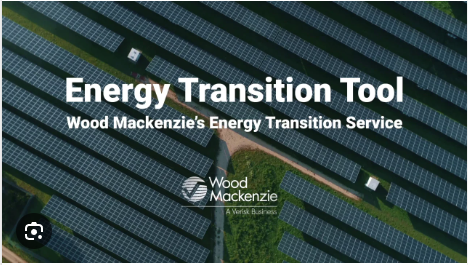
Global investment of $2.7 trillion a year is needed for green energy
Wood Mackenzie which، which makes confident investment decisions in green energy with integrated power and renewables data and analytics، affirmed that global investment of $2.7 trillion a year is needed to achieve net zero emissions by the middle of the current century.
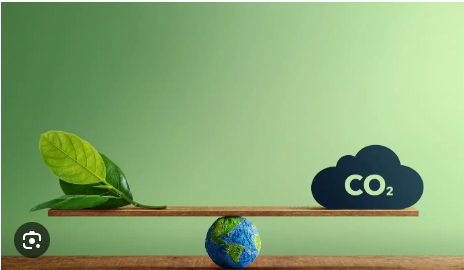
Wood Mackenzie، also known as WoodMac، is supplying data، written analysis، and consultancy advice to the green energy، chemicals، renewables، metals، and mining industries، reported that scientists have said the world ideally needs to limit global average temperature rise to 1.5C this century to avoid catastrophic effects from climate change، however، most countries are not on track to even meet emissions targets by 2030، let alone 2050.
Net zero carbon refers to cutting emissions to zero
Wood Mackenzie states that net zero carbon refers to cutting emissions to as close to zero as possible to achieve green energy with any remaining emissions re-absorbed from the atmosphere، by oceans and forests، for example.
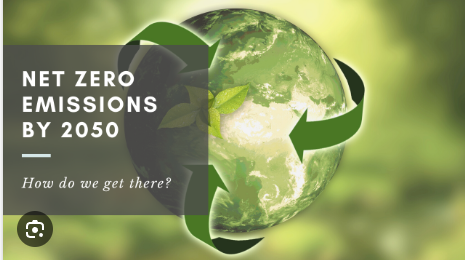
United Nations mentioned that governments' existing emissions cut pledges would fail to stop global temperatures from rising over 1.5C، and would likely put the world on track to warm by 2.5C by 2050، according to energy research company Wood Mackenzie.
Investment must increase by 150% a year to achieve green energy
Simon Flowers، chairman and chief analyst at Wood Mackenzie، affirmed that to decarbonise the energy sector investment of $1.9 trillion a year is needed، and this must increase by 150%، or $2.7 trillion a year، to limit global warming to 1.5C، while three-quarters of that investment is needed in the power and infrastructure sectors.

Simon Flowers، chairman and chief analyst at Wood Mackenzie sees that achieving 1.5C is going to be extremely challenging، but it is possible and greatly depends on actions taken this decade as green and renewables such as wind and solar power need to become the world's main source of power supply to support the electrification of transport and production of green hydrogen.
European Union to impose 20% to 35% tariffs on imports of high-carbon
Prakash Sharma، vice president at Wood Mackenzie، and lead author of the report warned that oil and gas still have a role to play as part of a managed transition، although there will be a natural depletion as low and zero carbon options develop but supply still needs to be replenished as the world moves towards net zero and green energy.
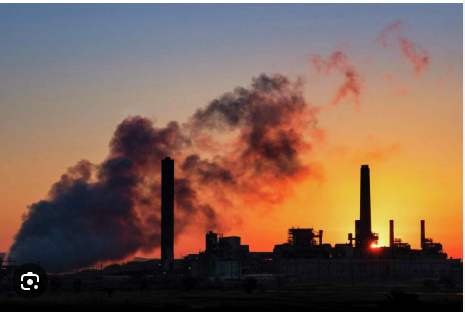
The report by consultancy Wood Mackenzie said that the European Union should ensure its plans to impose 20% to 35% tariffs on imports of high-carbon goods like steel، iron ore and cement comply with World Trade Organization rules about global green energy.
Wood Mackenzie outlines 3 scenarios about green energy transition
In its Energy Transition Outlook 2023، Wood Mackenzie outlines three scenarios about green energy transition: in the 1.5 degree scenario، carbon emissions should align with the most ambitious goal of the 2015 Paris Agreement، while low-carbon hydrogen and carbon removal technologies will play a significant role and electricity share of final demand will rise to 50% by 2050 too.

In the 2 degree scenario، a total of US$1.9 trillion needs to be invested each year and wealthier countries will reach net-zero by 2050 while global net-zero will be realised by 2070، and the 2.5 degree scenario will also require annual spending of US$1.9 trillion، although the world will still be on track for an average temperature increase of 2.5 degrees Celsius by the end of the current century but the renewables account for 70-90% of supply to offset the decline in thermal power across scenarios.
Countries worldwide must address obstacles facing global green energy
Wood Mackenzie suggests countries worldwide must address obstacles including permitting restrictions and constraints in the electricity supply chain as no major country is currently on track to meet their 2030 emissions reduction goals.
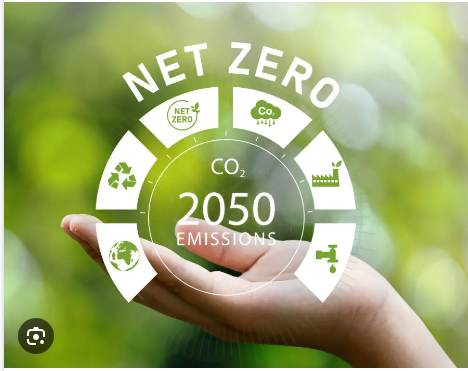
The financial landscape is also less favourable for increasing renewables capacity as high interest rates، global cost inflation and supply chain issues are slowing the pace of the implementation of green energy and there is also the issue that many of the most straightforward locations for solar and wind developments already host renewable power projects while the next phase of growth will require investment in grid infrastructure and interconnections in more remote areas.

The supply of low carbon energy has grown by 33%
Simon Flowers، chairman and chief analyst at Wood Mackenzie indicated that the supply of low carbon energy has grown by a third since 2015، but the world’s energy demand has grown much faster with rising incomes and populations، however، the good news is that sustainability is alive and kicking، spurred on by policy including the introduction of the US Inflation Reduction Act (IRA) and Europe’s REPowerEU، so that achieving 1.5 degrees Celsius is going to be extremely challenging، but it is possible and greatly depends on actions taken next 7 years.








-1120252475029447.jpg)












